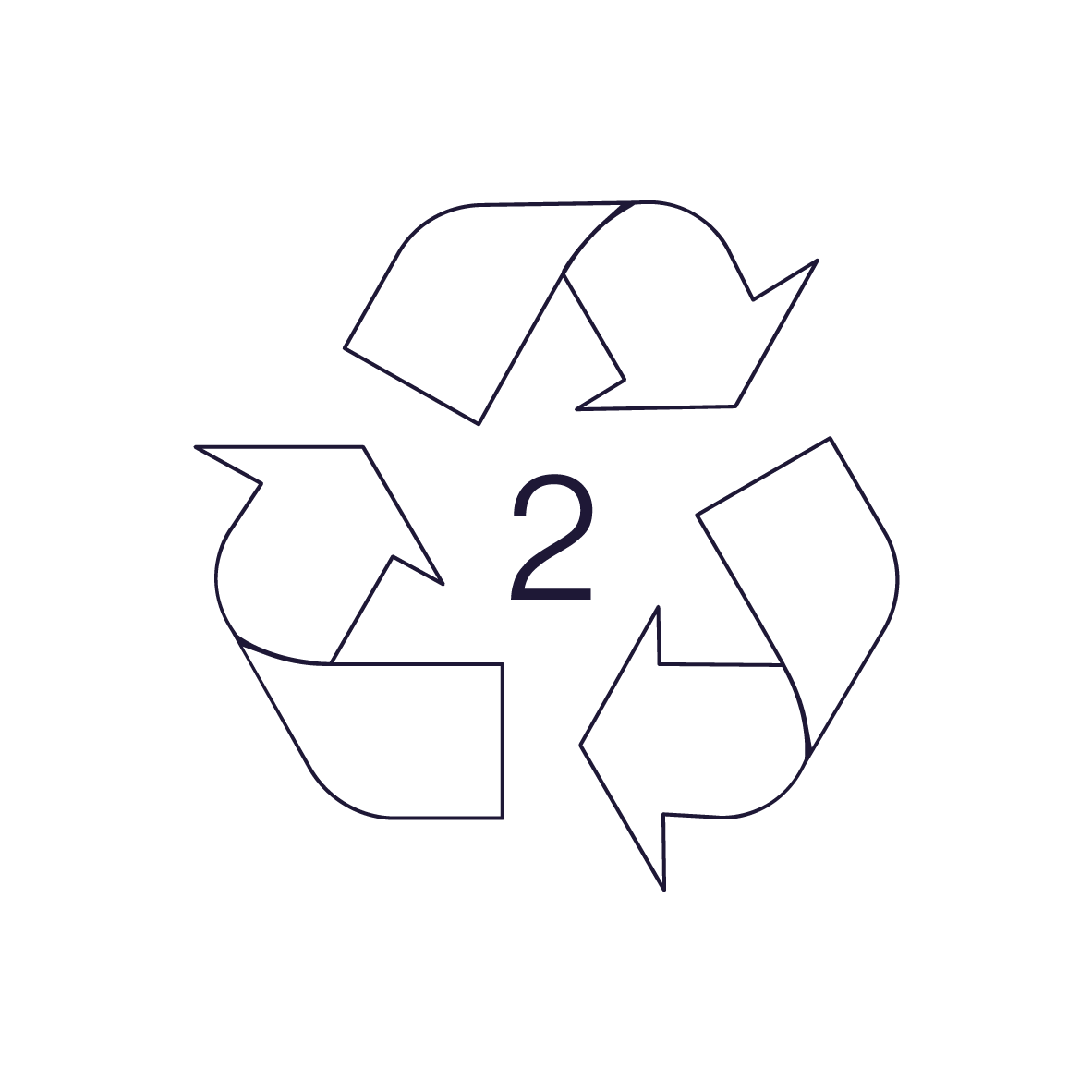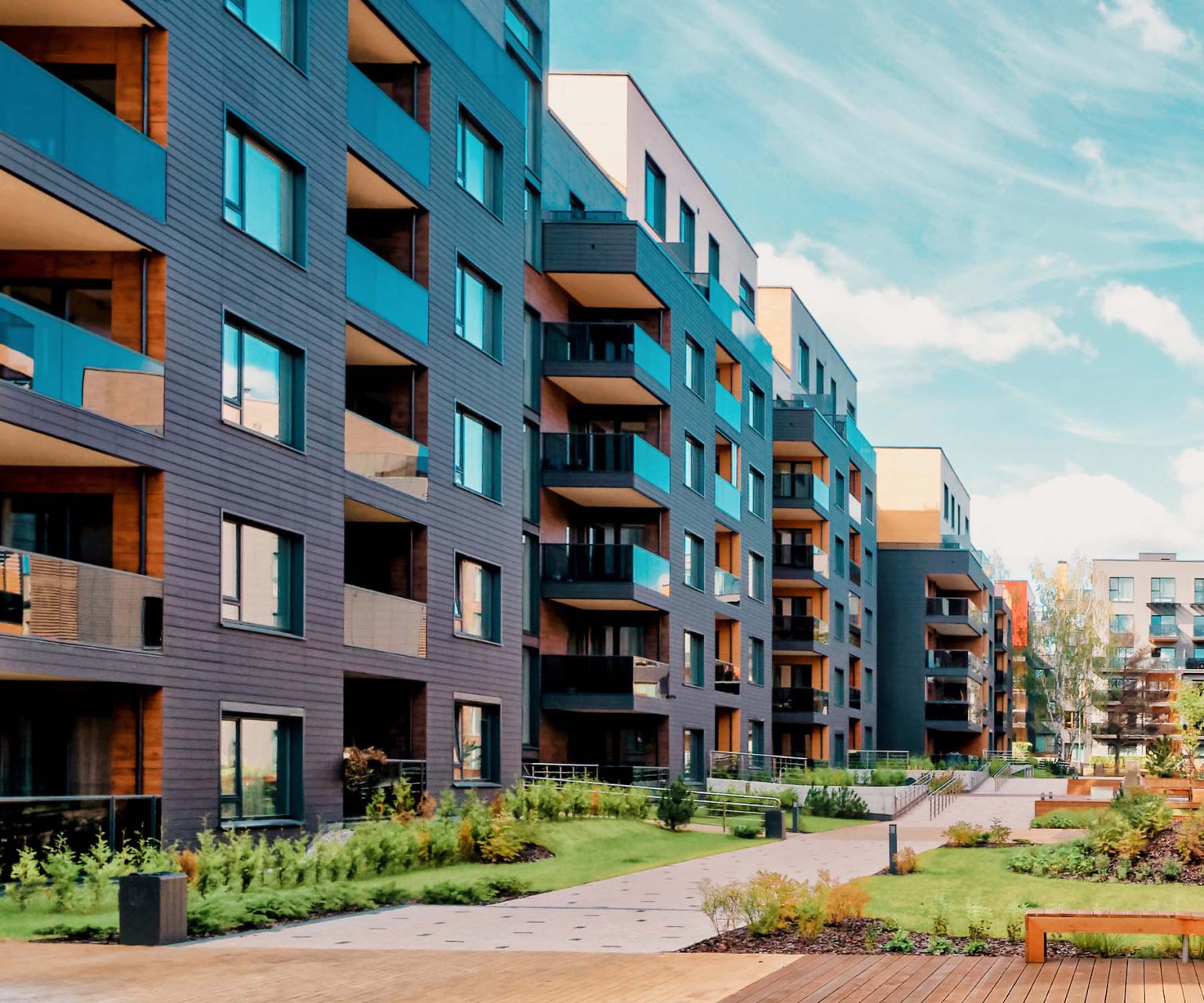BREEAM circularity and resilience solutions
Discover how BREEAM promotes circularity principles in construction for a resource-efficient built environment.
Start your sustainability journeyAbout BREEAM circularity and resilience
Circularity principles for resource use and supply chains are vital to developing a built environment tat is resource efficient. We support a future where circularity principles are fully embraced and our reliance on finite resources is significantly reduced.
We want to make sure that resilience is achieved across lifecycles, by linking the design and construction, the performance of the completed project and the day to day use of the asset.
BREEAM provides solutions in circularity and resilience by:
Encouraging durable design for resilient and longer-lasting asset.
Ensuring materials are sourced responsibly.
Reducing water and energy consumption.
Providing methods of waste reduction.
Circularity and resilience in context
A circular economy is based on reducing the use of raw materials and focusing on reuse and recycling. We’ve used some of these circularity principles in BREEAM.
Our goal is to encourage sustainable resource use through all our asset sustainability assessment schemes. Each scheme includes extensive resource circularity related requirements on energy, water, materials, waste, reuse and recycling.
Resilience can be characterised by four key features, known as the 5Rs: Resistance, Reliability, Redundancy, Response and Recovery. These can have a different focus across industries, life cycle stages and asset types. We have put resistance and reliability at the core of our BREEAM standards.
Circularity in BREEAM
BREEAM can guide you on your journey to achieving circularity.

Advice on resource consumption
Our standards cover a wide scope of asset related carbon emissions including operational energy, embodied carbon, operational water, construction activities and more. BREEAM standards are designed to focus on tackling energy and carbon emissions more than any other sustainability issue.
Encouraging renewable resources
BREEAM assesses embodied carbon, encouraging the construction of assets with lower embodied carbon and lower whole life carbon. Looking forward, BREEAM intends to combine operational and embodied carbon credits into a dedicated carbon category, meaning that embodied carbon is fully accounted for in BREEAM.


Supporting durable design
A pathway approach for the construction and real estate sector is rapidly gaining traction. Compared with achieving net zero carbon now, carbon pathways are often a more practical approach because the cost and activity of decarbonising is spread over several years, and external effects such as grid decarbonisation can be factored in. BREEAM can support the creation and implementation of net zero pathways.
Ensuring responsible sourcing
In line with prevailing energy and LCA standards, BREEAM includes onsite/near-site renewables. Most (but not all) standards, including BREEAM, assign carbon reductions resulting from any renewable electricity that is exported to the grid by the asset. These assets can become carbon positive if they generate more electricity than they use. BREEAM will continue to recognise and reward onsite/near-site renewables.

BREEAM principles for circular buildings
BREEAM encourages sustainable resource use through all its assessment schemes. We believe we can do more on circular design approaches, and the reuse and repurposing of buildings and materials.
Read BREEAM Circularity Technical Working Group’s principles for circular buildings, created following collaboration with industry experts.

Resilience in BREEAM
BREEAM In-use can guide you to creating a more resilient asset. BREEAM In-Use integrates resilience alongside environmental performance in a sustainability standard. It includes social risks and opportunities and those related to the transition to a low carbon economy, aligning BREEAM with The Task Force on Climate-related Financial Disclosures (TCFD).
Read more about BREEAM In-useBREEAM Circularity Technical Working Group
The BREEAM Circularity Technical Working Group collaborates with industry experts to promote a circular economy in the built environment. Their principles focus on sustainable design, material reuse, and reducing waste, aiming to transition from a linear to a regenerative circular model.
Find out more
Train with BREEAM
Train with us to provide built environment sustainability solutions and learn how to support projects in achieving their circularity and resilience goals. Our BREEAM training courses teach you how to use the world’s leading green building tool to achieve sustainability success. Millions of assets all over the world are registered with BREEAM and starting their journey to sustainability success.
Browse our BREEAM coursesGet in touch
For more information, call us on +443330147880, email us at enquiries@bregroup.com or use the online form.
Contact us